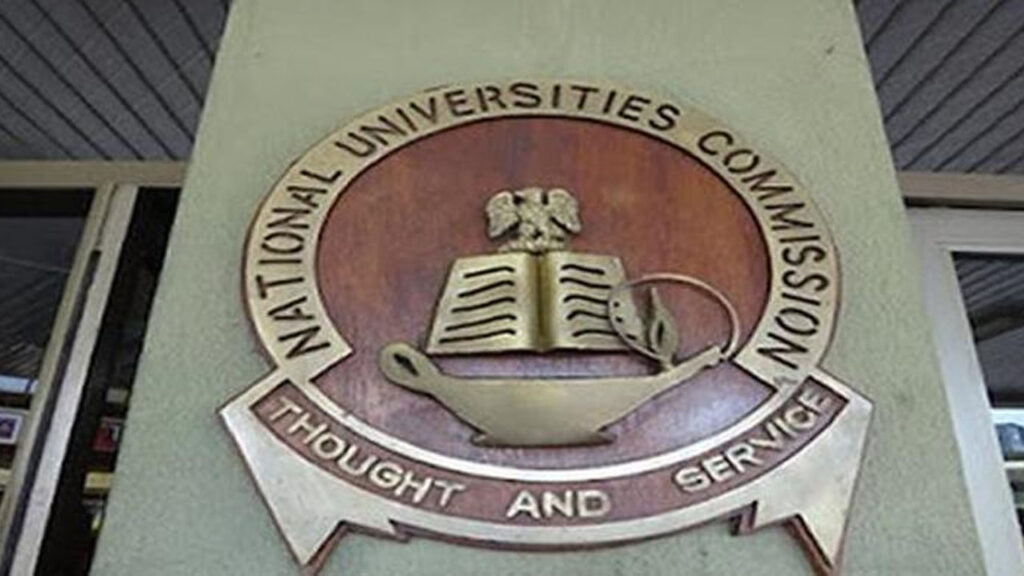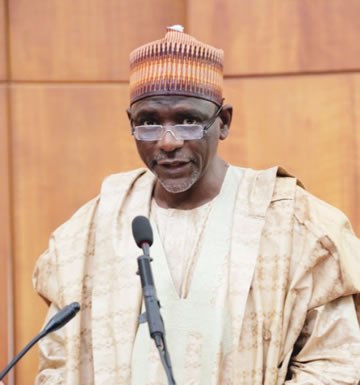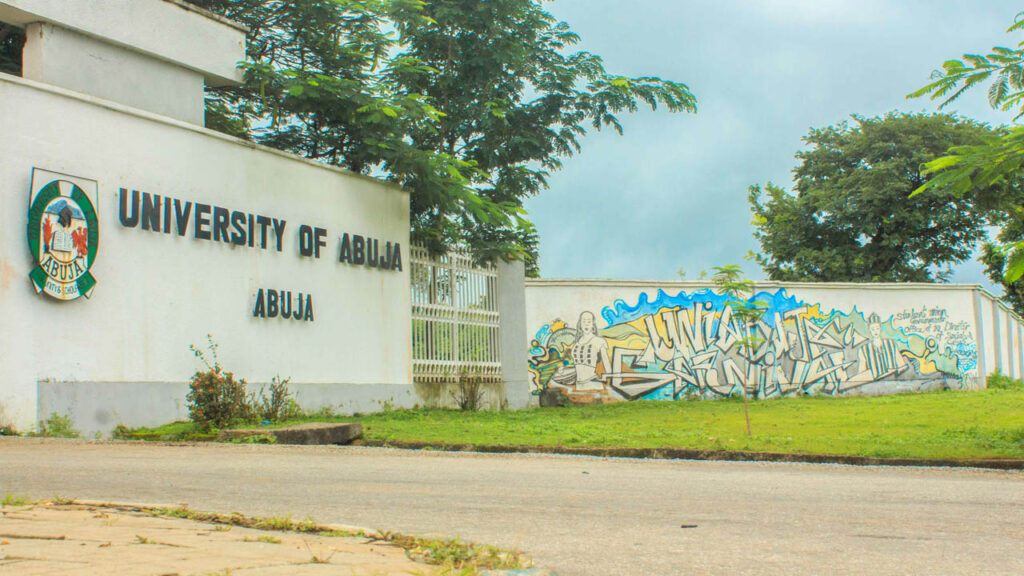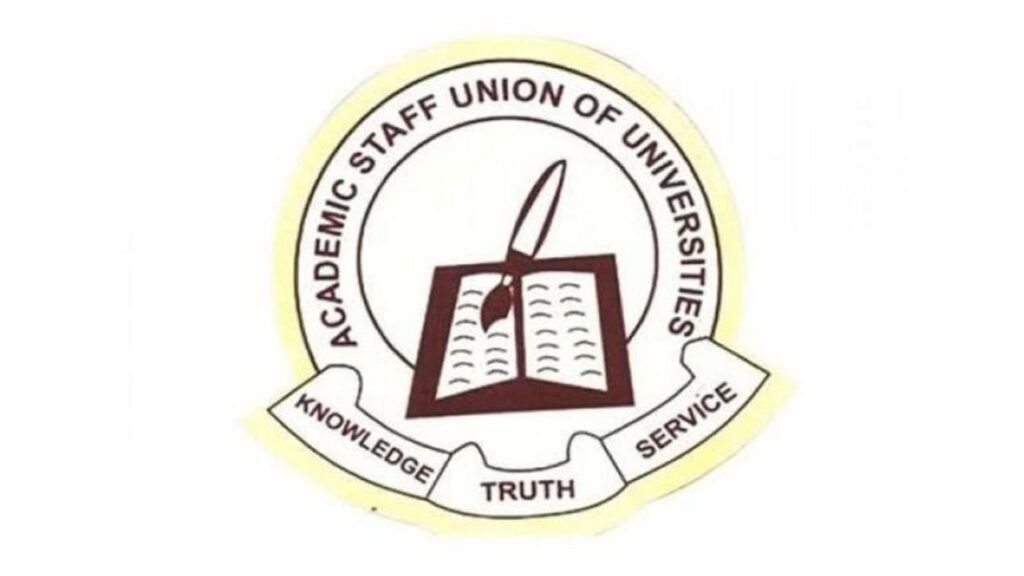
Poor infrastructure is one of the crises rocking public universities. Due to the steady increase in students’ population, several of them scramble to get bed space and hostel facilities that are not available. Stakeholders agreed that university managers must become innovative to address the problem, IYABO LAWAL reports.
The bulging sewers litter around the university’s hostels reek of pungent smell as their gross contents seep out in trickles. The walls of the buildings are flaky and caking. The underbellies of the decking reveal their iron spines. The coat of paint has become whitewashed by the tropical sun. The buildings look like long-abandoned homes.
They are not. That is where thousands of Nigerian students sleep, wake and live for years to acquire tertiary education. Inside them are bathrooms with long-throat, thirsty taps. The students have to fetch water from some nearby wells.
With the ever-dwindling funding for tertiary education in the country, apart from falling standards of education, many facilities are falling apart. Yet, in the face of this mess, some higher institutions have rebuffed initiatives that could turn the fortune of their schools around; they face an acute accommodation crisis but will not make available their expansive land resources to those willing to build, operate and transfer ownership of hostels.
One of the infrastructural problems facing tertiary institutions is inadequate hostels for the increasing number of students. Accommodation plays an important role in students’ lives. To get the best out of them, they must not only have a conducive environment to learn, but to retire to.
Student housing has been a major crisis for more than four decades when their population started to outgrow the existing campus hostels, with a few new ones built to cater for the increased enrollment.
This is confirmed by research over time. A 2013 survey on ‘Hostel accommodation needs in federal universities’ carried out by the National Universities Commission (NUC), showed that only one of the 25 universities surveyed could provide 70 per cent of hostel accommodation for students, while the remaining 24 could provide only between two and 43 per cent housing.
Fast forward to 2019 when the late Dr Maryam Sali, the then NUC director of accreditation, said inspection of facilities carried out by the commission in selected universities in that year showed that accommodation in public institutions and facilities were either insufficient or non-existent, while most of them needed upgrading.
Students have protested multiple times against poor hostel facilities and demanded better living conditions from school authorities.
For instance, in January 2022, protesting students at the University of Uyo, Akwa Ibom State, shut down the campus after the management failed to meet their demands for the renovation and fumigation of the hostels, and provision of mosquito nets.
Medical students at the University of Lagos (UNILAG) also rejected the school’s decision to limit power supply to the hostels to four hours daily, describing the move as inhuman and detrimental to a conducive learning environment.
The power rationing followed the students’ rejection of a hike in the monthly electricity bill they were told to pay. They also decried the decrepit state of their hostels’ toilets and bathrooms.
Using the Federal University of Technology, Akure (FUTA), as a case study, research done in 2022, titled: “Quality of students’ accommodation in Nigeria’s tertiary institutions,’ compared students’ housing on and off campus, adopting variables such as water quality, condition of hostel building and rent.
The study showed that 24 per cent of students residing on-campus had access to drinkable water, 58.3 per cent to non-drinkable water, and 17.7 per cent had access to water used for cooking and laundry only. But 60 per cent of students living off-campus had access to drinkable water, 20 per cent to non-drinkable water, while 20 per cent had access to water used for cooking and laundry only.
At on-campus hostels, the study revealed that 34.4 per cent of students lived in a room with no cracks, while 65.6 per cent resided in a room with minor or major cracks; while at off-campus, only five per cent of students lived in rooms with minor cracks, while 95 per cent resided in apartments without cracks.
The idea of partnering with the private sector is not new or novel. In 2009, the Federal Government launched a PPP scheme to revolutionise students’ hostels and develop affordable and decent accommodation for the increasing number of learners, with the inauguration of a committee on university hostels build, operate and transfer projects.
The committee was to evolve a cost-effective, efficient and viable mechanism that would ensure collaboration among government, private sector and universities in the provision of accommodation for students.
That committee was also expected to provide guidelines for the execution and management of hostels, and create an enabling environment for the operation of the scheme without direct financial involvement of the government.
Laudable idea, but like some projects of the government, not much has happened since then, almost 15 years after.
Scholar, Prof. Bashiru Ademola pondered on how Nigerian universities cope with the challenge of balancing education quality with increasing demand for access.
He emphasised on “financing approach,” which is collaboration between town and gown.
According to him, the collaboration connotes an arrangement where the private sector carries out the role of the supplier of infrastructure of assets and services that have traditionally been provided by government. special purpose vehicle to develop, build, maintain and operate for the contracted period.
He listed the common models of public-private partnership (PPP) adopted in some Nigerian universities to include design-build or turnkey project; management contract; lease and operate contract; design-build-finance-operate; build-operate-transfer; buy-build-operate; build-own-operate; build-own-operate and transfer; donor-financed/funded-transfer.
With the Infrastructure Concession Regulatory Commission (ICRC) Act signed into law, some tertiary institutions in the country have been exploring, albeit not extensively yet, the PPP options. They are redefining terms, models and concepts.
The ICRC is saddled with the responsibility of overseeing the PPP contractual agreement, for which it has developed a national policy. It, thus, regulates agreements, monitors, and supervises PPP projects in the country.
Individuals, private sector to the rescue
Education stakeholders believe that PPP is a more viable option for universities to embrace.
An infrastructure finance expert and lecturer at the University of Uyo, Dr Chris Arthur, said it is time for the gown to collaborate with the town if it must save the future of tomorrow’s leaders.
He said to adequately fund universities; the government must embrace various funding options, particularly the option of concession.
The University of Ibadan Alumni Association, for instance, built a 54-bedroom hostel worth NGN200 million for postgraduate students at the institution.
Aliko Dangote, the chairman of the Aliko Dangote Foundation, also donated a 2,160-bed hostel worth NGN1.2 billion to the Ahmadu Bello University, Zaria. The hostel comprises 10 blocks of 360 rooms each.
Similarly, Femi Gbajabiamila, the Chief of Staff to President Bola Tinubu, donated a 500-bed hostel each to both UNILAG and Lagos State University (LASU), Ojo.
In the same vein, the founder of BUA Group, Abdul Samad Rabiu, donated the sum of N1 billion to the University of Ibadan, through the Abdul Samad Rabiu Africa Initiative (ASR Africa), while a similar donation was made to Ahmadu Bello University (ABU), Zaria, for the provision of accommodation facilities for students.
At Fountain University, there are IBB Students’ Hall, Easy Place Properties Accommodation project, under BOT, and Adegunwa Hall of Residence, which is another design-build-transfer venture.
Dipo Fakorede, a builder and fellow of the Nigerian Institute of Estate Surveyors and Valuers, canvassed the adoption of a public-private partnership to solve the student housing crisis through a build, operate and transfer arrangement.
“With this, universities and private developers or investors would have an agreement. They [the developers] will build hostels in the universities and operate them for a number of years to recoup their investment, and then transfer ownership to the universities after the expiration of the agreement.
“The university authorities can control the rent the developers will charge. Of course, it may be more expensive than what is currently obtained, but it will still be a lot cheaper than the off-campus rent,” he said.
A public analyst, Dr Thomas Olabinjo, agreed with Fakorede, saying the BOT arrangement is imperative in the light of paucity of funds for the government to upgrade and expand hostel facilities.
He said all the stakeholders – the government, private sector and parents – need to work together to resolve the problem, noting that accommodation fees in public universities are too low and not sustainable.
He said: “The BOT plan, under a public-private partnership initiative, is the way to go. Investors can build hostels, run them for 10 years and then transfer ownership to the university. Students in private universities are not facing accommodation problems because they pay higher rent, which enables the school management to properly maintain the hostel facilities.
“If you need quality service, you have to pay. I’m not saying students in public universities should pay as much as those in the private institutions, but they should be ready to pay more than they currently do.”
An educationist, Mrs Joke Odusanya, said PPP remains the best option for tackling issues of funding, including prevailing challenges in the nation’s education sector.
She said the private sector is interested in collaborating with the government in the area of funding to enhance education delivery.
“Government alone cannot adequately fund tertiary education in the face of increasing students’ enrollment, shortage of infrastructure and other educational services, competition from other sectors and more importantly, dwindling resources occasioned by the global economic meltdown.
“PPP holds the greatest prospect of addressing funding challenges in
the universities. These partnerships have helped developed institutions in terms of adequate infrastructure, which, by extension, have helped the productivity of learning and teaching, as well as increased growth of students’ intake.
A student at Federal University of Technology (FUT) Minna, Niger State, Hassan Musa, said their hostels are in a sorry state, and require urgent renovation.
“Our hostels are begging for attention; they are in a deplorable state. Currently, we have more than 21,000 undergraduates and the hostel can only accommodate about 3,000 students.”
The same situation is found at Federal University, Oye Ekiti; Olabisi Onabanjo University (OOU), Ago Iwoye, and others, as students complain of inadequate hostel facilities.
Dr Ibrahim Inuwa of Alhaji Tafawa Balewa University (ATBU) Bauchi, agreed that infrastructural development in Nigerian tertiary institutions is a far cry from what is required for effective learning.
He said: “I graduated from ATBU in 1993. At that time, two students shared a hostel room. Now, the university administration is allocating seven students to one room of the same size.”
Inuwa said for the past 20 years, the Academic Staff Union of Universities (ASUU) has been championing the cause for the government to fulfil its obligation to provide infrastructure, but to date, facilities are not even average. As an alternative, he urged university administrators to seek the support of the private sector in addressing some of the challenges confronting tertiary institutions.













